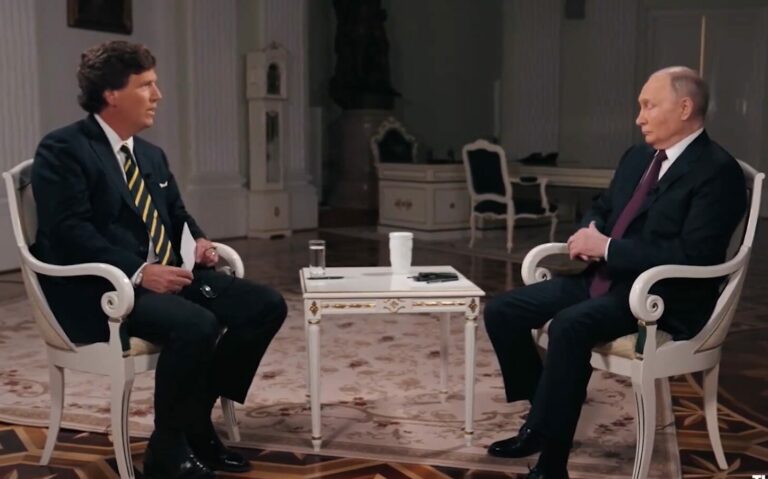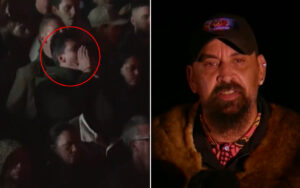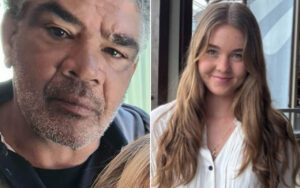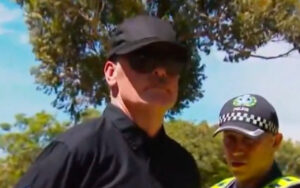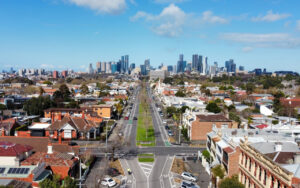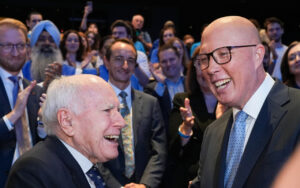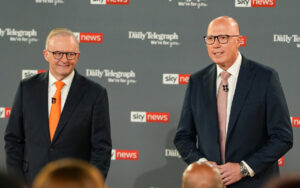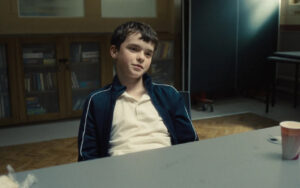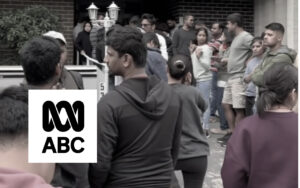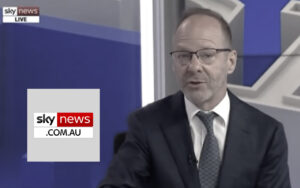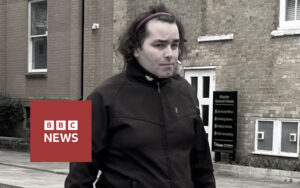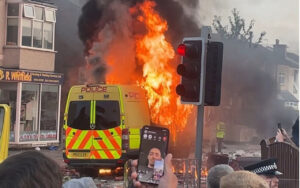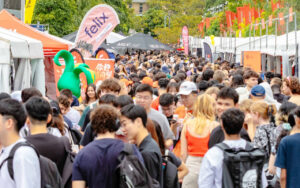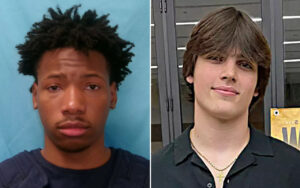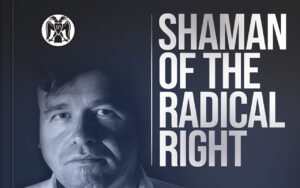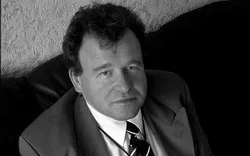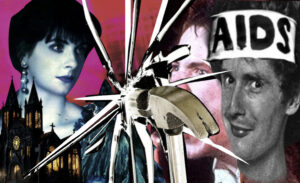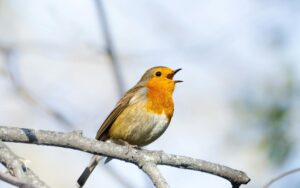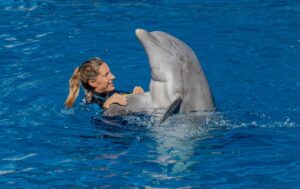On February 8, prominent American journalist Tucker Carlson released his much-anticipated interview with Russian President Vladimir Putin which took place in Moscow on Tuesday.
The interview marks the first time Putin has sat down with a Western journalist since the “special military operation” commenced in Ukraine in February 2022. At the time of writing Carlson’s interview has amassed over 165 million views on his Twitter account.
Throughout the two hours, Carlson avoided making moral indictments of the Russian President, instead trying to uncover his motives for escalating the conflict in Ukraine.
Putin starts by giving a rather long and tedious lecture on Russian history, beginning with the introduction of Orthodox Christianity into Eastern Europe in the 10th century and finishing with the collapse of the Soviet Union in 1991.
His central argument is that Ukraine is not a sovereign state but instead an extension of Russian culture. He calls it “an artificial state” inorganically created by Vladimir Lenin in the 1920s for “unknown reasons”.
Putin recalls a road trip he went on during the 1980s from Leningrad through Kiev and onto western Ukraine where Putin claims, “the names of the towns there were in Russian and Hungarian”, insinuating that Ukraine lacks its own cultural identity.
The interview shifts to more relevant ground when Putin begins discussing American foreign policy following the collapse of the Soviet Union. He asserts that post-Soviet Russia was expecting “cooperation and association with the Western world”.
He makes very clear Russia’s expectation that NATO was not to expand eastwards into its sphere of influence. Quoting German SPD politician Egon Bahr, “if NATO expands everything, would be just the same as during Cold War, just closer to Russia’s borders.”
“The promise was that NATO would not expand eastwards but it happened five times.”
He recalls President Bill Clinton’s visit to Moscow in 2004, where Putin asked him if Russia would be able to join NATO, to which Clinton responded that it was “not possible”.
The overall picture Putin paints is one of victimisation and exclusion at the hands of an imperial power, dead set on vilifying Russia. This, he claims, inexorably forced him into taking aggressive action in 2014 when the CIA interfered in the Ukrainian election, precipitating a new regime which intensified the war in the Donbas.
“We did not start this war in 2022. This is an attempt to stop it.”
Putin attempts to consolidate his argument by claiming that his actions are “de-Nazifying” Eastern Europe. He says that Ukraine has constructed a national identity around “the false idols who collaborated with Hitler”.
“The Ukrainians say no, we are a separate people. Okay, fine. But not on the basis on Nazism.”
He goes on to imply that the broader West is sympathetic to Nazism, citing the standing ovation given to Yaroslav Hunka in Canadian Parliament, a former member of the Waffen SS 14th Grenadier Division.
To any Western audience these claims are patently ridiculous. Carlson explicitly states: “Hitler has been dead for 80 years; Nazi Germany no longer exists.”
But for the Russian people, these ideas carry far greater salience. After all, the European theatre of World War II largely took place on Russian soil. The conflict there claimed as many as 27 million Russian lives, and the memory of this time is still firmly ingrained in the national consciousness.
Putin’s maternal grandmother was killed by Germans in the Tver region in 1941. His brother Viktor died of starvation during the Siege of Leningrad in 1942. “De-Nazification” is a powerful rallying cry for the Russian people and likely a strong personal justification for Putin himself, regardless of its factual irrelevance to geopolitics today.
In the wake of the interview, many Western commentators have been left disappointed by Putin’s performance. Keith Woods said: “Tucker’s audience is willing to hear an honest case based on national sovereignty and mutual respect and instead got a long history lecture, a very abstract case for Russian revanchism, and boomer nonsense about the West being sympathetic to Nazism.”
But the truth is, what Putin says is unlikely to alter US foreign policy. At the close of the interview, he states that he was ready to make peace with Ukraine in Istanbul back in 2022. The agreement formulated there was purportedly sabotaged by Boris Johnston, the Prime Minister of Great Britain, on the orders of Washington. Now, despite Johnston having long departed, the countries remain at war.
The interview has been widely disseminated through Russian media, with many publications both venerating Putin as a defender of Russian sovereignty as well as ridiculing Western media for its “propagandistic depictions” of the discussion.
Putin’s overall behaviour – his emphasis on Russian victimisation, condemnation of American foreign policy, and perceived lack of interest in discussing the centres of power in American society or even the upcoming Presidential election – signal that this interview was really aimed at the Russian people, not the West.
As things stand, it remains uncertain what kind of deal will be reached with Russia. One potential deal could involve Ukraine ceding the provinces of Donetsk and Luhansk in exchange for reparations to pay for the reconstruction of Ukraine, especially the heavily damaged South-Western region. This could be sweetened by progressive sanctions relief conditional on financial assistance.
In exchange, a permanent recognition of Ukrainian sovereignty would have to be agreed to by Russian authorities. This could be reinforced by Ukraine being admitted into NATO, meaning any subsequent aggression by Russia would trigger Article 5 and call to arms all NATO members. A settlement like this would allow both sides to save face and create strong disincentives for the resumption of hostilities.
Regardless of what kind of deal is made, much hard work will have to be done to reconcile the hearts of these two Slavic peoples. Putin makes a final overture at the close of the interview. “The relations between the two peoples will be rebuilt anyway. It will take a lot of time, but it will heal.”
One can only hope this occurs, for the true European interest lies in peace.
